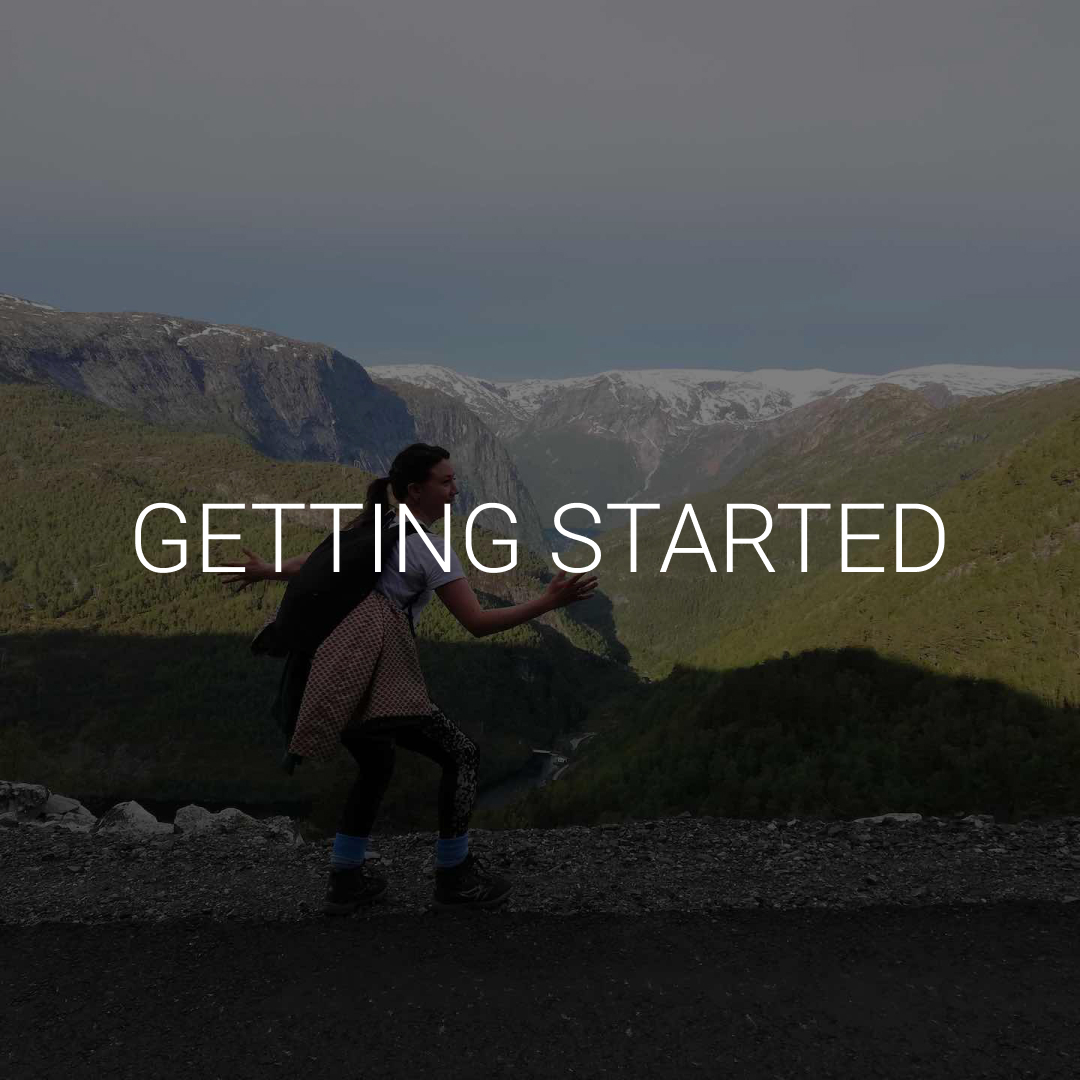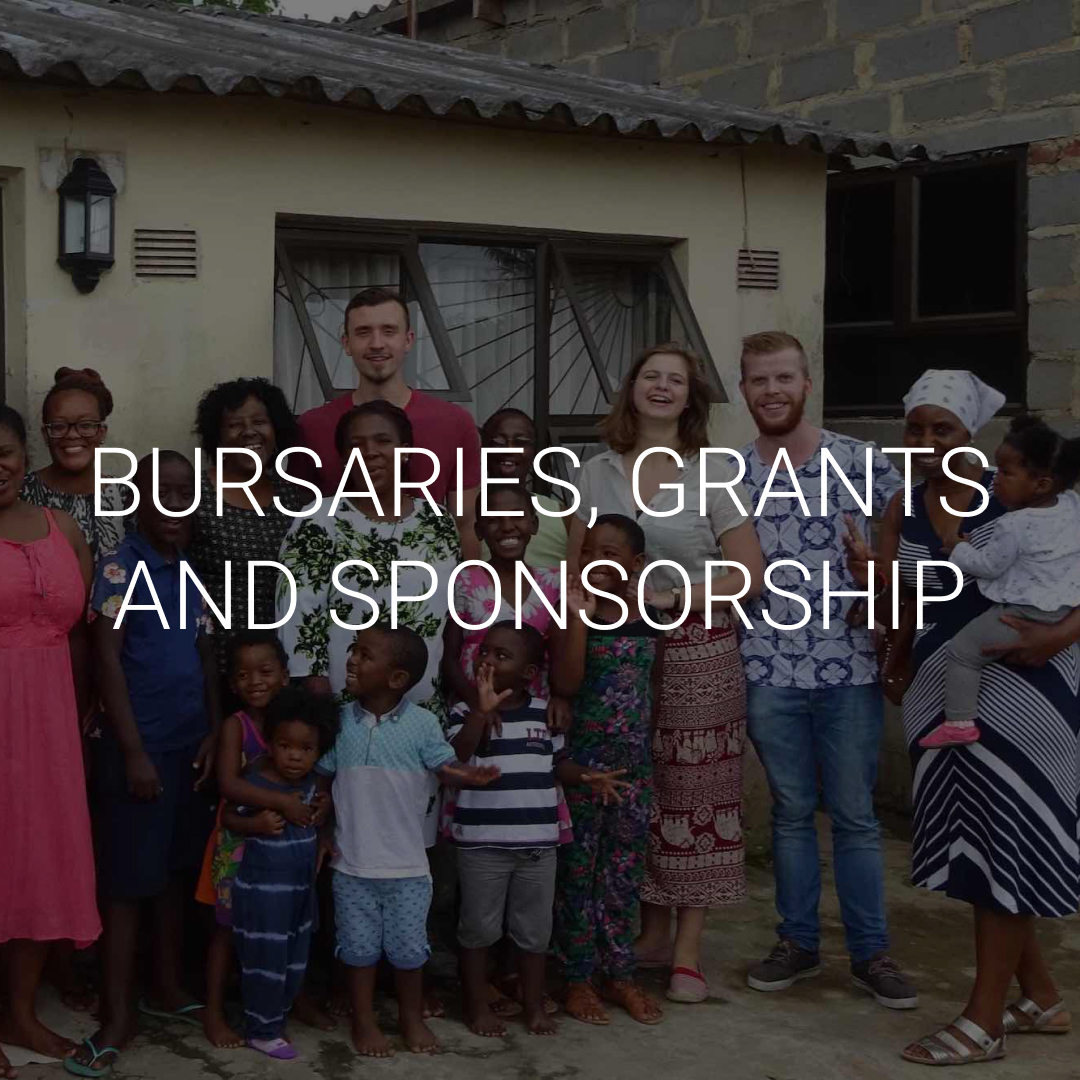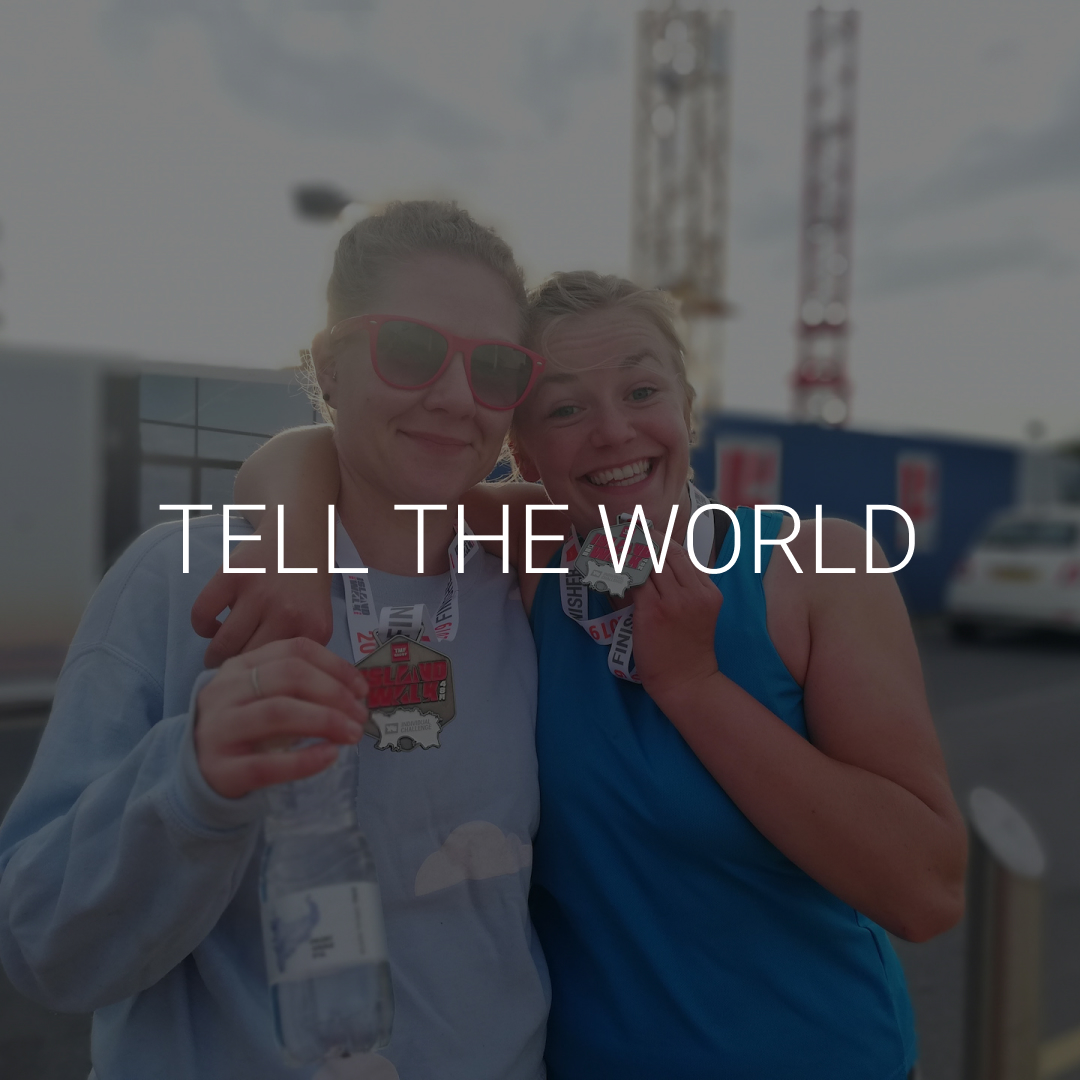Tell the world
TELL YOUR STORY WITH ALL YOUR HEART
Before you can start fundraising, it’s important that your donors know what you’re fundraising for. If they know the cause and see your passion, they’re more likely to want to donate! Creating your story will help you communicate to potential sponsors what your mission is and why they should support you.
How to write your story
When you’re crafting your story take some time to think about who you’ll be helping, how you’ll be able to do that and why you want to help. Remember to include:
- Who you are – Introduce yourself and what you’re studying
- What you’re doing – introduce the programme! Explain why you have chosen this particular Vocational Impact placement, how it speaks to you and what you are hoping to achieve.
- When you’re doing it – This gives donors an idea of how much time you have to raise these funds.
- Who are you helping – which project are you going to be on? Tell the reader a little about the lives you hope to be a part of.
- How you’re helping them – what will the programme likely have you doing?
- Where you’re doing it – which country? Tell your audience about the problems facing the communities you will be a part of and illustrate how you will spend your time.
- Why you’re doing it – what are your motivations? Share with the readers and your network the reasons you want to go and how you hope this experience will shape you, your future and the people you’re helping.
- What are you asking for – a sponsor, a bursary, a donation? How much do you need? You will have to be aware of the way you write your story depending on who you are asking and for what. For example, applying for a bursary will require a more formal and professional tone than asking friends and family for donations. Explain the overall costs and how these help the communities you are serving.
Be specific: your Plans, motivations and support you need
Another tip when asking for support with funds to volunteer abroad is to be specific. This means being specific about your timelines, how much money you need, how people should donate and how they should share it with their networks.
The way you write your story is also important. Think about the difference between: “Can you donate money to my trip” and “I’m joining a charity project that supports orphans in India. I’ll be helping them with skills I learned in my psychology degree. It is 2 months away and I’m trying to raise £2000 to help cover the costs of transport as well as supporting the project I’ll be working on. I’d be so grateful if you could donate £5 and if you’re able to share it with people in your workplace that would go such a long way to supporting the orphanage where I’ll be placed.”
You also need to be ready to answer questions – especially from official bodies like universities and organisations. So get to know your programme inside out. Have a good read-through of your programme page and be sure to ask us any questions you may have.
get to know vocational impact
Get to know us inside out too! People will want to know who we are, so check out our about page or for a quick fix, have a look at this fact file below:
- Vocational Impact was founded in 2015, as the volunteer branch of Arms Around the Child, who were founded in 2008.
- Because we are a charity – we are governed by the UK Charity Commission, a Trust Deed, and a Board of Trustees, who have legal obligations to oversee our operations.
- To date, we have sent hundreds of volunteers abroad!
- We currently operate in Ghana, India and South Africa.
- Each partner organisation we work with is registered in their own country – and so is governed by their own country’s regulations. Each country has their guidelines and we do not partner with any organisation that isn’t a registered organisation or recognised charity/NGO.
- We are UK-based, operating off of the sunny south coast in Portsmouth.
- We recruit volunteers from all over the world, but largely the UK, Europe, the USA and Australia.
- We are passionate about providing ethical and sustainable programmes – and our unique model has gained us the title of ‘Ethical Travel Partner’ at many UK Universities!
publishing your story
Now that you have your information together – you need to start preparing where you are going to publish it.
For the less ‘formal’ approaches, the information needs to be eye-catching and clear. When it comes to Sponsorships and Bursaries, these need a slightly different approach – so we’ve put together a Sponsorships and Bursaries page for you to read as well.
We will send you examples of fundraising pages, background information and imagery you can use in your fundraising efforts after you commit to a project and know which placement you will complete.
Once it is up, be sure to connect with your network, keep them updated and ask for support regularly. It will get people as excited as you are and if they are rooting for you, they are more likely to donate!
- Creating your own website or blog is an ideal way to share photos and stories of your experiences and keep people up to date. It also becomes a useful reference for many years to come and holds the smaller details of your trip that you might forget over the years. Use your blog section to tell the full story of your volunteer abroad trip and keep everyone updated on progress. It lets everyone who supports you financially take part in your adventures and could motivate others to donate.
- Online fundraising platforms allow hopeful volunteers the ability to create unique campaigns. Supporters can donate easily, receive thank you messages and exciting updates and view progress. Arms Around The Child are already on Enthuse, but there are loads out there you can use. Just be aware that some sites charge fees if using online donation platforms – so be sure to check before you start.
- Be sure to use other social media channels as well like Facebook and Instagram to remind people about your campaign. Get your friends to shamelessly share as well.
- Local newspapers and communities are a great way to gain momentum for your project – as well as university ones.
- Engage with any groups that you are a part of: sports clubs; hobbies; community groups.
- Do you have a part-time job that is helping you save up for your trip? Could you pop up a poster to get staff and customers involved?
- Think about the different networks you have. You might have your university or office to start engaging with or even places of worship. Then you could send out emails and even make phone calls.
keep up the momentum
Creating a campaign is often about how much energy you put into it. It’s true what they say, you get out what you put in.
If you put out a message at the start, then do nothing for weeks, then post something, this will NOT work. You will need to be regularly communicating with your audience, sharing the message and your drive as often as you can. Simply setting up an online fundraising page and sharing this twice on your Facebook will not be enough.
You will need to remind people of your goal, and often. People are busy, and things slip people’s minds all the time. You need to see your efforts as gentle reminders and remain in people’s minds. It might be something you are thinking about often, but everyone is juggling many things, so ensure your project is kept in people’s minds as often as you can.
Once your story is together you can start thinking about where you’re going to use it! Have a look at our bursaries, grants and sponsorship page, or our ideas and events page.
REQUEST INFO






